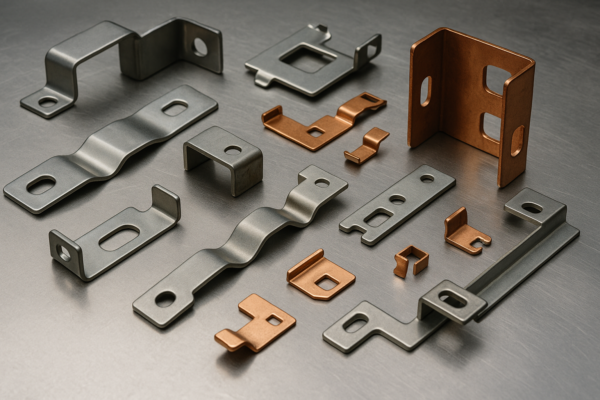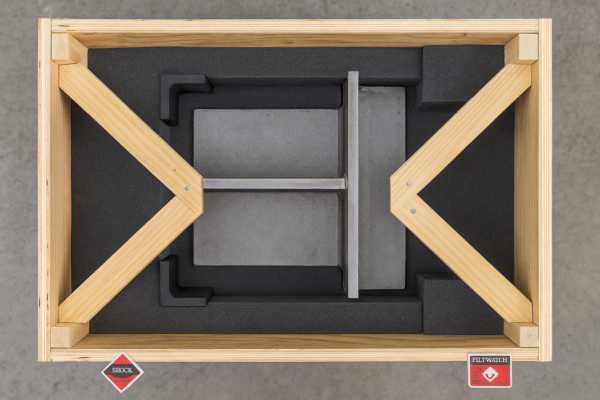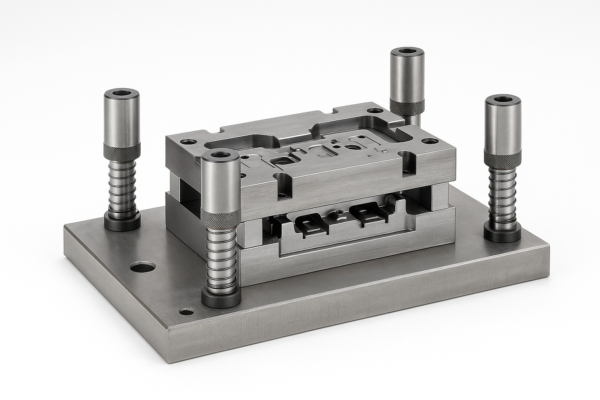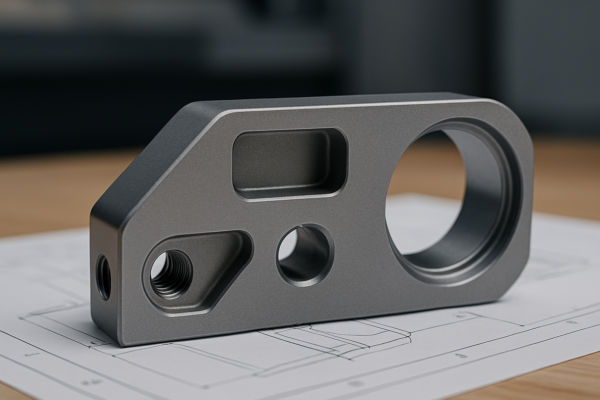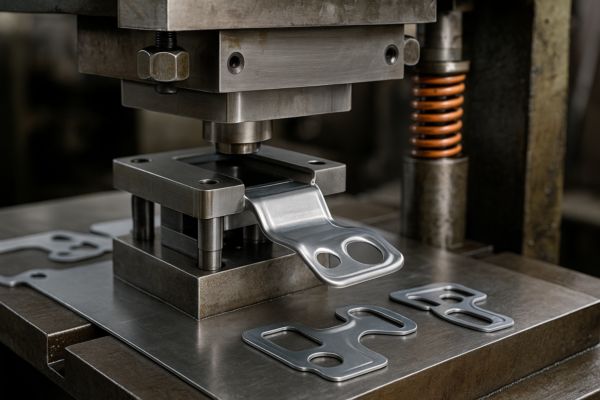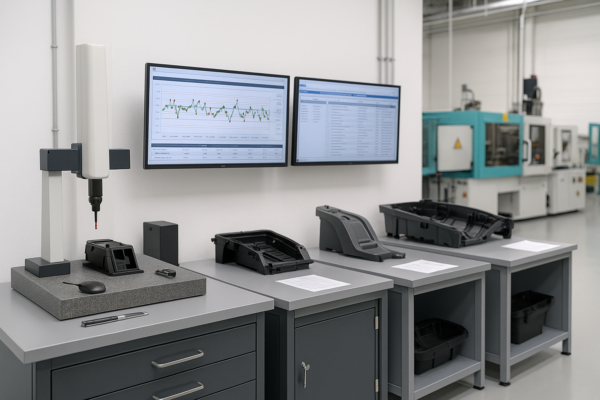What Is the Hardest Material to CNC?
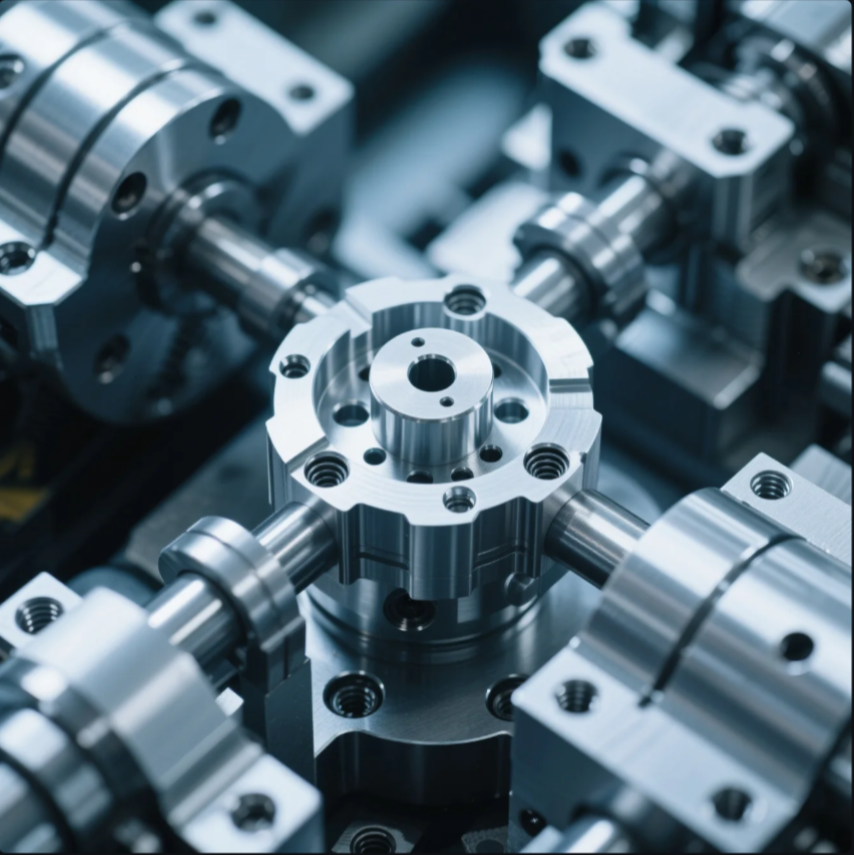
CNC machining is capable of handling a wide variety of materials, but not all materials are created equal when it comes to machining. Some materials present significant challenges due to their hardness, toughness, or resistance to wear. In this article, we’ll explore the hardest materials to CNC, why they’re difficult to machine, and what you can do to overcome these challenges.
Snippet paragraph: Some materials are much harder to machine than others due to their unique properties. In this article, we’ll explore the hardest materials to CNC and why they’re so difficult to work with.
Transition paragraph: Curious about the toughest materials to CNC? Let’s take a closer look at the challenges of machining hard materials and why certain materials are more difficult to work with.
What Is the Most Difficult Material to Machine?
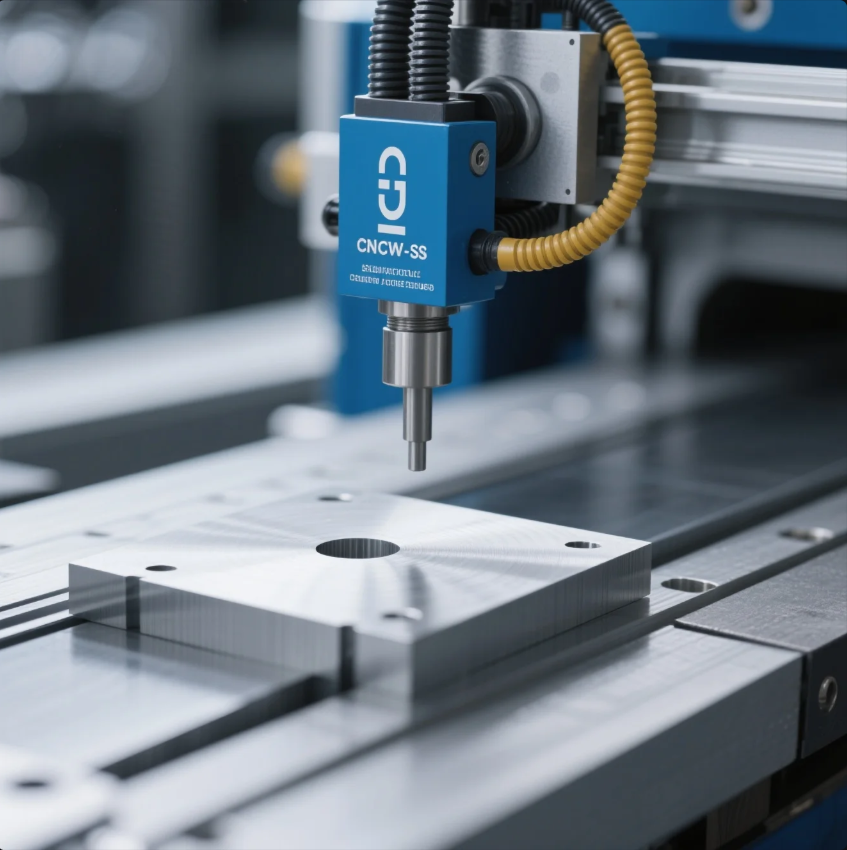
Several materials are notoriously difficult to machine, but some stand out due to their extreme hardness, toughness, and resistance to tool wear. Among these, Inconel and titanium are often regarded as some of the most challenging materials for CNC machining.
Materials That Are Difficult to Machine
- Inconel: A superalloy used in high-temperature applications, Inconel is tough and resistant to heat and corrosion, making it extremely difficult to machine effectively.
- Titanium: Known for its strength-to-weight ratio, titanium is tough and can be prone to work hardening, which makes it difficult to cut cleanly.
- Hardened Steel: Once steel has been heat-treated to become hardened, it becomes significantly more difficult to machine due to its toughness and high resistance to cutting tools.
- Ceramics: Hard, brittle materials like ceramics can be challenging due to their tendency to crack or break under pressure.
These materials require special tools, slower feed rates, and sometimes special cooling or lubrication to prevent wear and overheating.
What Is the Easiest Material to CNC?
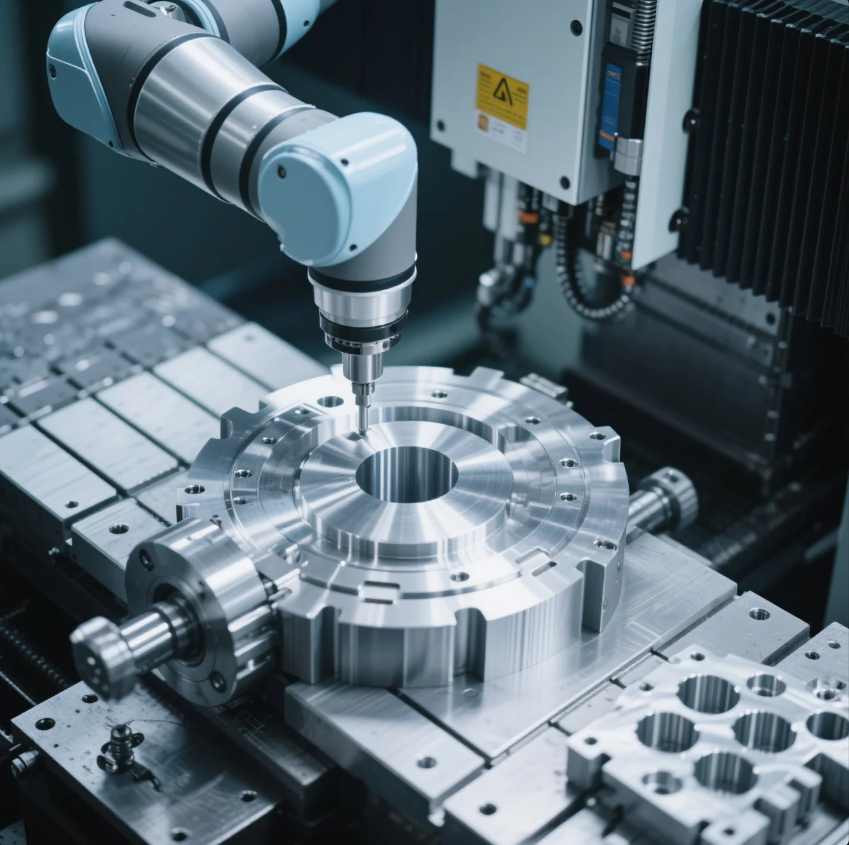
While some materials are tough to machine, others are relatively easy to work with, making them ideal for CNC machining, especially for beginners.
Easier Materials to CNC
- Aluminum: One of the easiest metals to machine, aluminum is soft, lightweight, and doesn’t cause excessive wear on tools. It’s commonly used in industries like aerospace and automotive for lightweight parts.
- Brass: Brass is another relatively easy material to machine due to its softness and ability to flow smoothly under cutting tools.
- Plastic: Many types of plastic, such as acrylic and PVC, are simple to machine and are commonly used in prototype manufacturing and low-volume production.
- Copper: While slightly harder than brass, copper is still relatively easy to machine and is often used in electronics and electrical components.
These materials allow for quicker machining times, less tool wear, and more predictable results compared to harder metals.
What Materials Cannot Be CNC Machined?
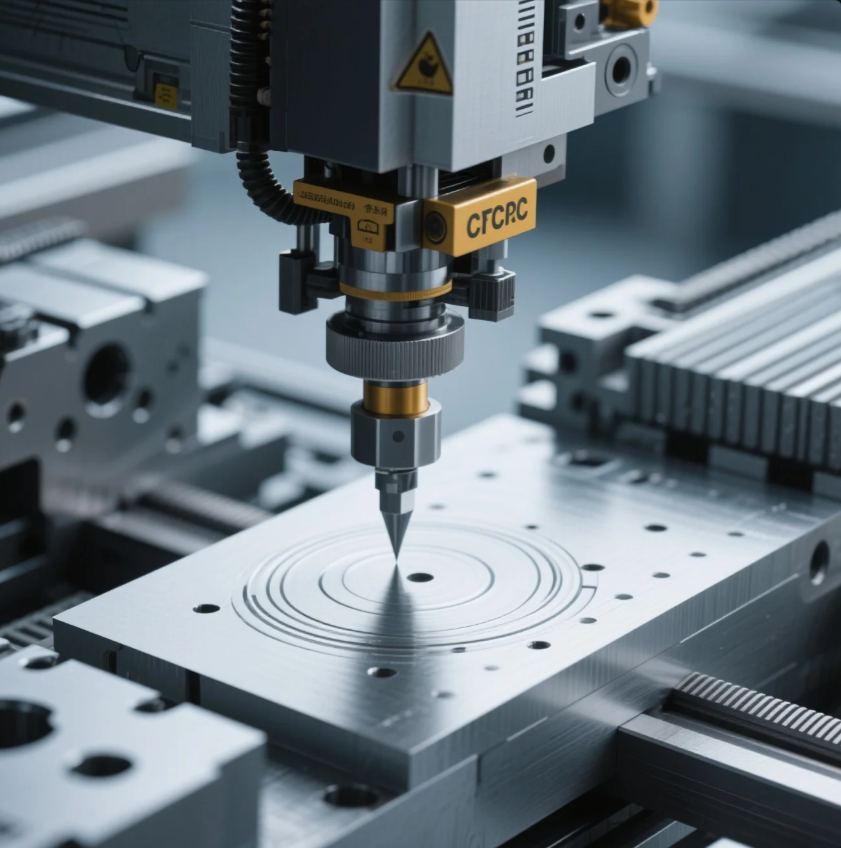
While CNC machines can handle a broad range of materials, there are some that are not suitable for traditional CNC machining due to their physical properties or lack of machinability.
Materials That Are Difficult or Impossible to CNC
- Glass: Glass is highly brittle and can shatter under pressure, making it unsuitable for conventional CNC machining. Specialized processes like waterjet cutting or laser engraving are often used instead.
- Diamond: While diamonds are incredibly hard, they are not machinable with traditional CNC methods. Specialized equipment is required to cut and shape diamond.
- Rubber: Rubber is flexible and can deform under pressure, which makes it difficult to machine precisely using standard CNC methods. Soft materials like rubber often require specialized tools or molding techniques.
- Some Composite Materials: Certain composites, especially those that combine fiber materials, can be difficult to machine. They may require specialized diamond-tipped tools and slower machining speeds.
While these materials cannot be CNC machined in the traditional sense, alternative methods are available for shaping and cutting them.
Why Is Inconel So Hard to Machine?
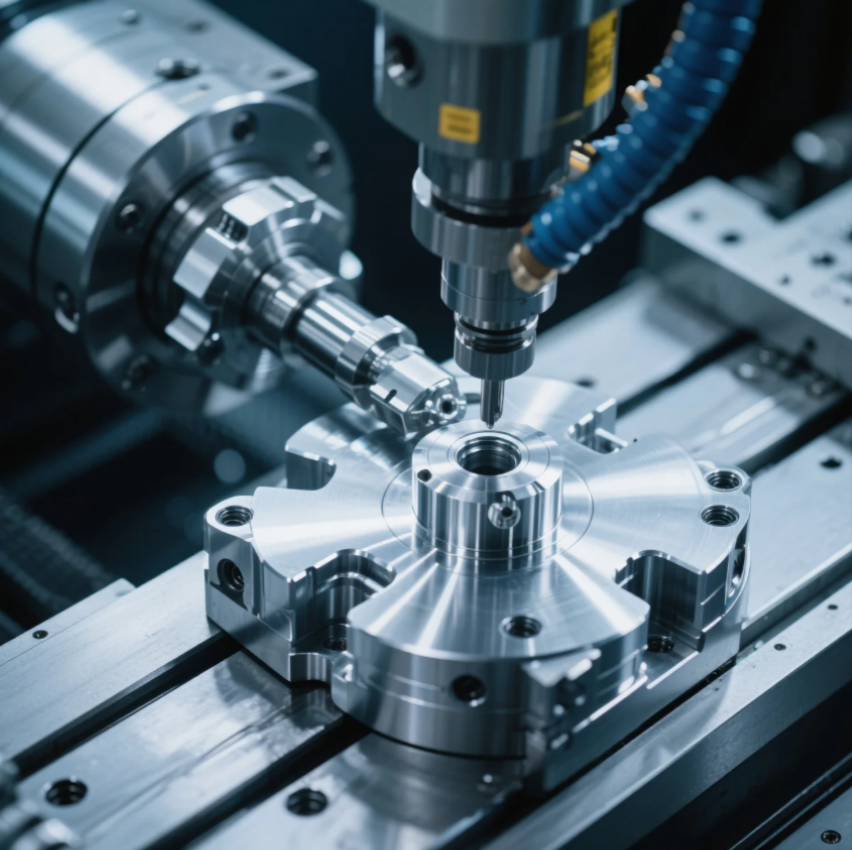
Inconel is a high-performance superalloy made primarily of nickel and chromium, and it is known for its resistance to high temperatures, oxidation, and corrosion. While these properties make Inconel ideal for aerospace, power generation, and other high-stress environments, they also make it one of the hardest materials to machine.
Challenges of Machining Inconel
- High Work Hardening: Inconel is prone to work hardening, meaning that the material becomes harder as it is cut. This can cause increased tool wear and even breakage if not properly managed.
- Heat Resistance: Inconel retains heat during machining, which can cause rapid tool wear and degradation. Special cooling techniques, such as high-pressure coolant or dry machining, are often necessary.
- Toughness: The toughness of Inconel means that it resists being cut cleanly by tools. To achieve accurate cuts, operators need to use carbide or ceramic tools designed for high-strength materials and keep the feed rate low.
Solutions for Machining Inconel
To machine Inconel effectively, special tools, slow feed rates, and coolants are often required. Machining speeds should be reduced, and the use of a high-performance cutting tool designed for tough materials is crucial. Additionally, careful planning of tool paths and machining steps can reduce the strain on tools and increase efficiency.
Conclusion
CNC machining can handle a variety of materials, but some are much harder to machine than others. Materials like Inconel, titanium, and hardened steel present significant challenges due to their toughness, heat resistance, and work-hardening properties. While these materials are critical for high-performance applications, they require special tools, techniques, and cooling strategies to machine effectively.
If you’re dealing with tough-to-machine materials or need assistance with CNC machining, Prime offers expert advice, high-quality tools, and solutions tailored to your needs. Contact us today to learn more about how we can help with your CNC machining projects.

